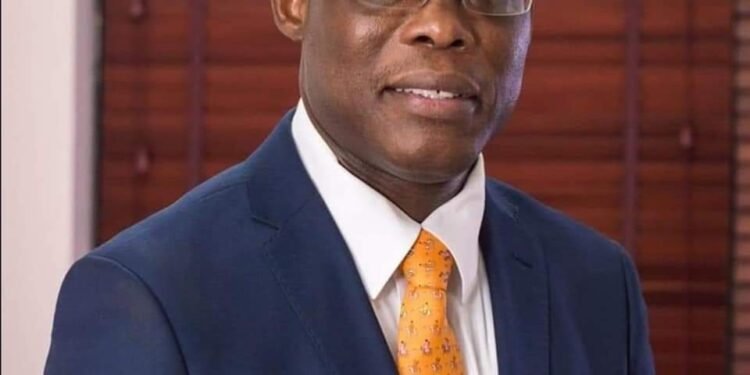The World Bank Arm that provides help to the poorest countries has announced its plans of providing more concessional loans and grants to nations facing higher risks of debt distress.
According to World Bank, the move would unlock impasses hindering the restructuring of billions of dollars of debt held by low-income nations.
The plans for the International Development Association was disclosed following a meeting of creditor and debtor nations known as Global Sovereign Debt Roundtable – a forum helmed by the International Monetary Fund, World Bank and the 2023 Group of 20 President to iron out issues with handling debt restructurings for cash-strapped nations.
IDA’s provision of positive net flows and “implicit debt relief through increased concessionality and grants to countries facing higher risks of debt distress” was welcomed by the roundtable participants.
China – the biggest bilateral creditor to poor countries had pushed to reschedule payments rather than take losses and also wanted multilateral development banks to accept so-called haircuts, or otherwise participate more in debt relief.
The US – which is the biggest shareholder in the World Bank, opposed the inclusion of loans by multilateral development banks in any debt restructuring, arguing that any haircut would undermine those bodies’ ability to respond to crises and make concessional loans.
However, China has decided to soften “relevant positions” given broader diplomatic considerations.
The roundtable discussions were aimed at ending a deadlock among the biggest creditor nations on how to renegotiate poorer nations’ debt, which had become unsustainable amid surging inflation and a stronger dollar.

Assurance Deadlines
Participants who partook in the Wednesday, 12th April roundtable meeting didn’t reach agreement on a proposal for the three-month deadline from when the IMF reaches a staff-level agreement with a debtor country for creditors to offer financing assurances.
Such assurances are essential for the IMF’s board to sign off on any loans.
“All of us at the roundtable have to work hard to bring it to a useful conclusion.”
Participant of the Round table meeting
More than 70 low-income nations face a collective $326 billion debt burden. About 15% of low-income countries are already in debt distress and another 45% face high debt vulnerabilities, and the list is growing.
Besides China and the chairing organizations, other participants in the roundtable included official bilateral creditors such as Paris Club chair France, Japan, and the US, as well as debtor countries like Ecuador, Ethiopia, Ghana, Sri Lanka, Suriname and Zambia.
The Institute of International Finance, International Capital Markets Association, Blackrock Inc. and Standard Chartered Plc represented the private sector.
Roundtable participants plan more work on cut-off dates, formal debt-service suspension, how to treat arrears, and the scope of debt to be restructured, including domestic loans.
“This work will also help in clarifying potential timetables to accelerate debt restructurings.”
Participant of the Round table meeting
Read also: Cedi Attains Grounds Of Stability Due To Debt Restructuring Talks’ Progress




















